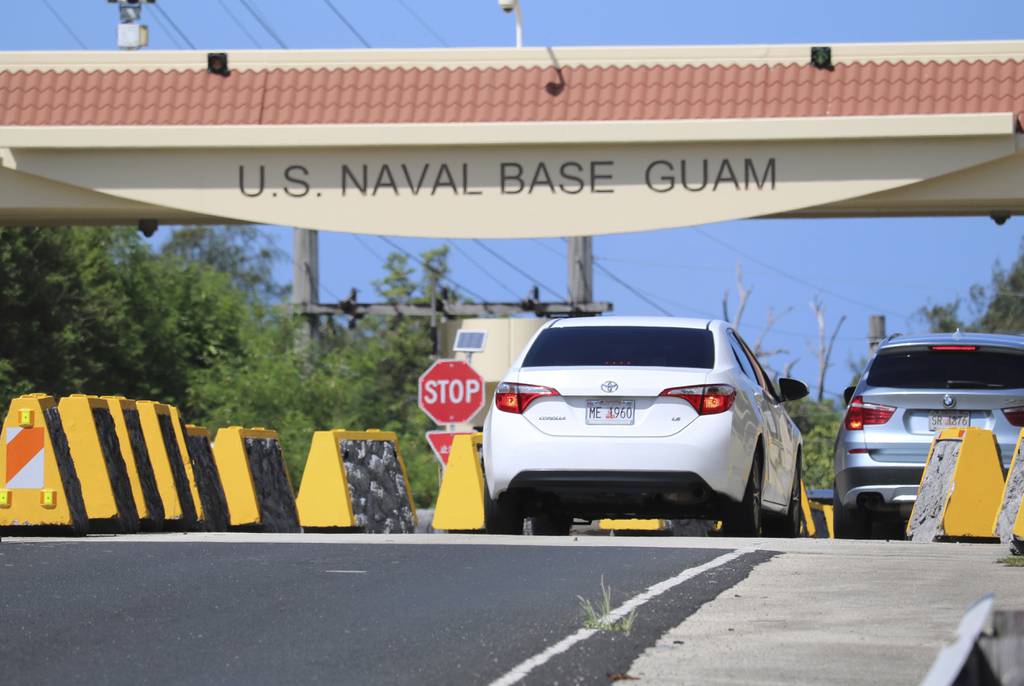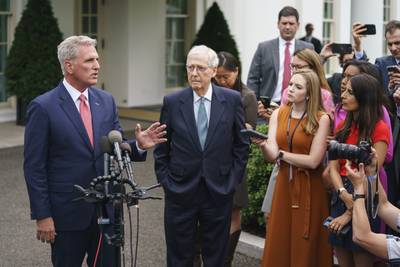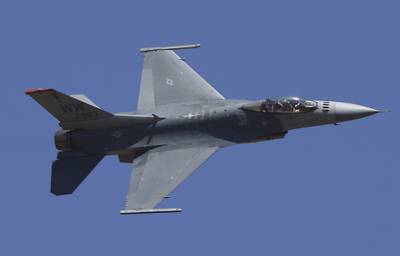Troops stationed outside the contiguous United States will see a drop in their overseas cost-of-living allowances this month, as the Pentagon implements new restrictions on allowance fluctuations and makes up for lost time following a 90-day pause.
New overseas cost-of-living allowance, or OCOLA, rates will go live with June 1 paychecks, a senior defense official told reporters on Tuesday, in locations including Hawaii, Guam, Japan, Australia and some in Europe.
“Even those locations where OCOLA rates will start to decline, pay in 2023 is still higher than it was in 2022,” the official said, citing this year 4.6% increase in basic pay across the services. “So, most service members will still have a higher take-home pay, even with OCOLA reduction, than what they had in 2022.”
The official spoke on background because they were not authorized to speak on the record about the policy updates.
Roughly 230,000 service members receive non-taxable OCOLA on top their regular pay, to help offset the difference in cost of buying goods like groceries and clothing while serving abroad versus what they would be able to buy stateside. The U.S. inflation rate and the strengthening of the dollar versus other currencies in recent years has driven decreases in the allowance, but late last year, Congress stepped in to restrict the Defense Department to implementing decreases only once every six months.
As a response, the Pentagon put a hold on OCOLA drops at the end of last year. The new rates implemented this month will hold steady until November, the official said.
“At the time, we were still implementing decreases in other areas such as Europe,” the official said. “For example, Germany had largely already absorbed their decreases, and so what we are seeing with more locations in [the Indo-Pacific region] this time around, it’s just kind of a natural next step to making sure that we’re ensuring parity across all of the theaters.”
While increases have continued during that 90-day pause, the official said that Singapore specifically is due for an increase with May’s new levels.
Rates are determined by a survey to gather data on where service members and their families are shopping, as well as country-specific fluctuations in currency and buying power, then tiered based on paygrade, time in service and number of dependents.
“So OCOLA reductions were and are largely being driven by higher inflation rates here in the U.S., the contiguous U.S., as compared to many of the OCONUS locations, as well as the strengthening of the U.S. dollar in foreign currencies,” the official said.
RELATED

The Pentagon is hoping that other pay and allowance increases implemented this year will soften some of the blow. In addition to the basic pay raise, housing allowances have increased in several locations, and basic allowance for subsistence has increased roughly 11%.
Congress also created the basic needs allowance in 2022, slightly increasing paychecks for service members living at up to 130% of the poverty line, based on their family size.
This year, the department has been ordered to increase that threshold to 150%, increasing the estimated number of families who benefit to about 2,400.
Meghann Myers is the Pentagon bureau chief at Military Times. She covers operations, policy, personnel, leadership and other issues affecting service members.





